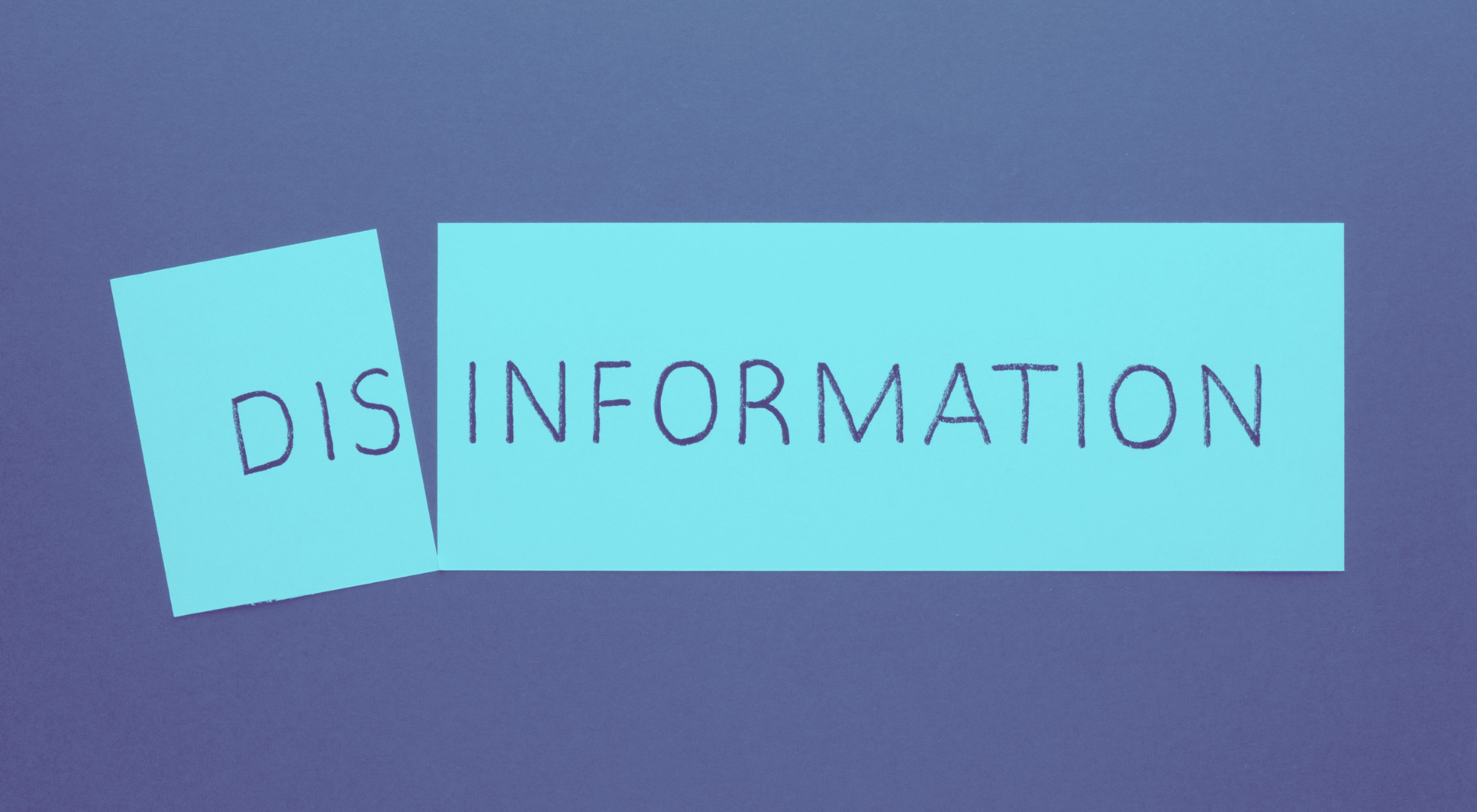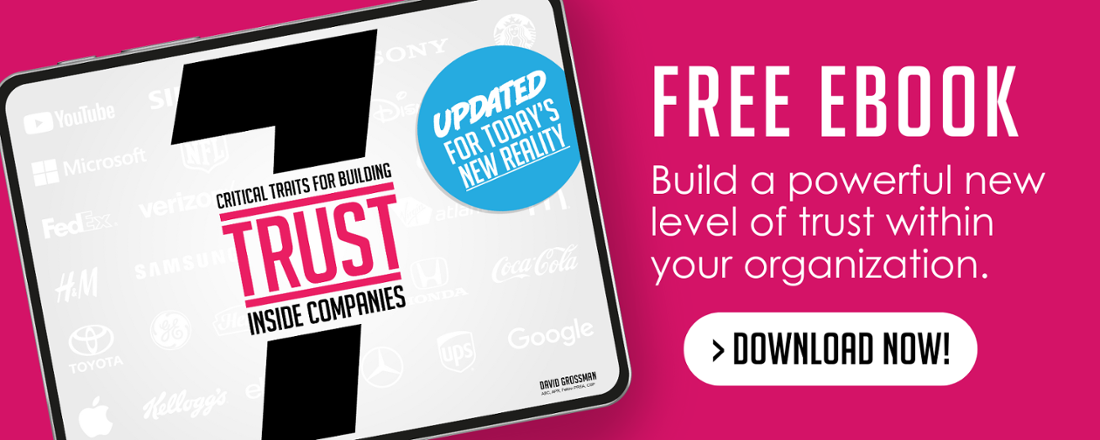
The prevalence of disinformation – defined as deliberately misleading or biased information – continues to be a significant problem in both Canada and the U.S., according to the 2022 Institute for Public Relations Disinformation in Society Report, which was conducted with Leger and McMaster University.
Key headlines from the study include:
- Both Canadians and Americans believe disinformation has a negative impact on society. Both Canadians and Americans said that disinformation is a threat to democracy (72% vs. 75%, respectively) and undermines election processes (71% vs. 73%, respectively), but Americans (63%) were more likely than Canadians (56%) to believe that disinformation infringes on human rights.
- Canadian news outlets are more trusted than American ones. While both countries identified local broadcast news and their local newspaper as two of the most trustworthy sources, Canadians rated their local broadcast news (72% vs. 64%, respectively) and local newspapers (67% vs. 63%, respectively) higher than Americans.
- Canadians had several trustworthy media sources while the U.S. did not. Canadian broadcaster CBC is ranked highly by 68% of Canadians in terms of trustworthiness and is a source that combats disinformation well. On the other hand, the highest-rated media source in the U.S. was ABC News at 54%. Most news sources in the U.S. saw significant differences in the perception of trustworthiness based on political affiliation, meaning when Democrats rated a news source high in trustworthiness, Republicans rated it significantly lower.
- Canadians were more likely to distrust social media platforms than Americans. Some of the social media platforms that were more likely to be distrusted by Canadians than Americans were Facebook (76% vs. 55%), TikTok (73% vs. 58%), and Snapchat (71% vs. 51%).
- Americans are more likely than Canadians to say that politicians are responsible for spreading disinformation. More than three-quarters of Americans (77%) said politicians are responsible for spreading disinformation compared to 67% of Canadians.
- Americans and Canadians are aligned when it comes to which sources should be responsible for combatting disinformation. Journalists, the president/prime minister, federal agencies, the national government, and local broadcast news were both in Canada and the U.S.’s top 10 sources for who should be most responsible for combatting disinformation.
- A significant gap exists between the sources who should be responsible for combatting disinformation versus how well they are actually combatting it. With nearly all sources, those that were deemed to be most responsible for combatting disinformation were not rated as highly in how well they were combatting it in both Canada and the U.S. For example, in Canada, more than 8-out-of-10 said their provincial government (83%) and journalists (83%) should be responsible for combatting disinformation while fewer than 4-out-of-10 said their provincial government (38%) and journalists (36%) said were combatting it at least “somewhat well.” Similar gaps were found in the U.S.
The survey of 2,003 Canadians, with questions based on the 2022 IPR Disinformation in Society Report of 2,000 Americans, was conducted May 12 – 22, 2022, to explore the prevalence and effects of disinformation, source trustworthiness, and the sources.
Access the full report here.
What do you think is the best approach for combatting misinformation?
—David Grossman
If you're looking to build trust within your organization and see how it leads to better business outcomes, click below to download the—7 Critical Traits for Building Trust Inside Companies—eBook today.


Comments on this post